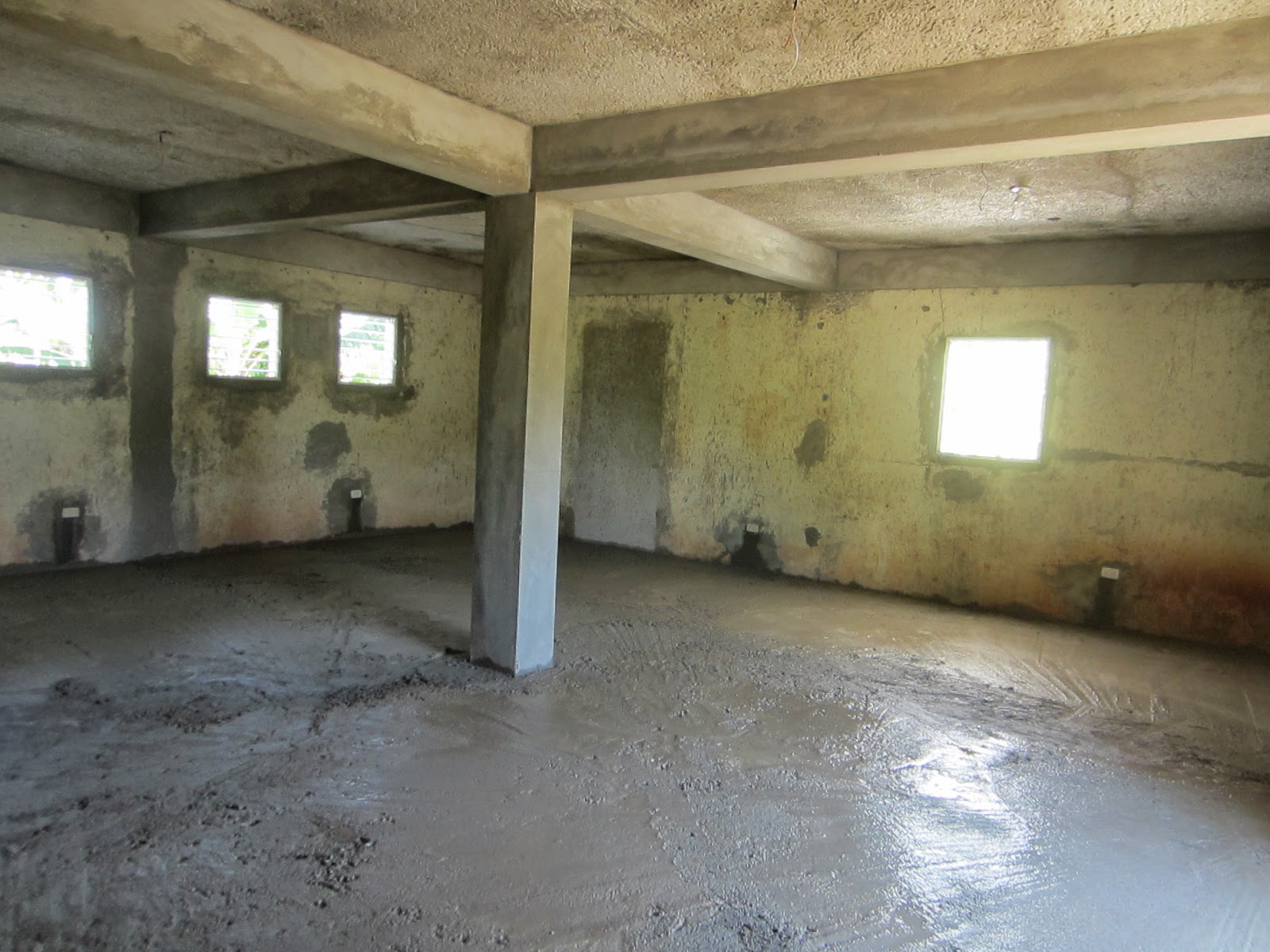The lax enforcement of these laws have allowed for thousands of Dominicans to needless die each year. Motorcycle accidents are the leading cause of death for young men in the country (for girls it is AIDs - but that is a whole different can of worms). For the most part I have been able to ignore the dangerous role motorcycles play in Dominican society. I mitigate my own risk by wearing my helmet and riding motorcycles as little as possible. However, since a careless motorcyclist broke my host sister’s leg, my acceptance of Dominican vehicle culture has been rapidly deteriorating. It is getting to the point that I might start lecturing everyone I know about the importance of wearing a helmet and the dangers of drunk driving.
 |
| Luis Angel showing off his school work |
Only a few days after the accident in my community, a Dominican baseball star, Oscar Taveras of the St. Louis Cardinals, killed himself and his girlfriend in a drunk driving accident while vacationing in the D.R. In both cases, the crashes were talked about for a few days and masses of people attended the funerals. But there was no rally cry to change the status-quo. Instead people chalked up the deaths as terrible accidents and went back to their daily lives.
On Monday I witnessed another motorcycle crash in town. I was in the back of a pick-up truck headed to my community when two motorcycles crashed into one another. One of the motorcycles went skidding by the truck on its side. The semi-conscious driver was then picked-up by another motorist who rushed off to the hospital. The second motorcycle also skidded on its side but was stopped by the back tire of the pick-up truck, where I was seated. The driver was able to get up on his own and, with only a slight gash on his forehead, wedged his motorcycle out from underneath the pick-up and then continued on his way out of town. The whole event occurred in less than 3 minutes, afterwards you would have no idea there had been an accident. And for me that's a problem.
No one stops to think after an accident occurs - how can another crash like this be prevented. Time and time again deadly accidents occur, yet little is changing (There is currently an ad campaign with Dominican baseball players saying they don't ride without helmets.). Part of the problem is that the police are not enforcing laws that would improve rider safety and security, but society is also to blame. Dominicans like to say that teenage boys fooling around, not obeying their elders causes all the accidents. But they forget that even when teenagers are to blame their are often innocent victims in crashes, like my host sister, Luis Angel, and countless others. As roads improve and Dominicans become wealthier, more vehicles will be on the road being driven at faster speeds. It is critical that Dominican society start to take road safety seriously. Parents need to be more cautious about allowing their kids to drive motorcycles and ride with other teens. The government needs to better enforce the laws on the books and also make helmets more available and affordable. If change does not happen, then the D.R. will continue to loose the future leaders of the country to tragic and preventable accidents.

